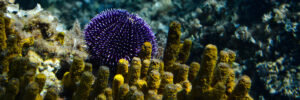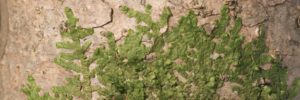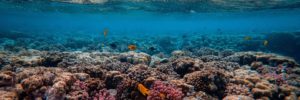
Thawing permafrost: Another step towards assessing the consequences
Thawing permafrost, caused by climate change, releases stored carbon into the atmosphere, accelerating global warming. The enzyme latch hypothesis suggests that low-oxygen conditions in wetlands slow down enzymatic polyphenol degradation and carbon release. But are oxygen-dependent phenol oxidases really the only enzymes that microbial communities have in their arsenal? Or should we perhaps take a closer (metatranscriptomic and metabolomic) look at the microbially catalysed carbon cycle?








